The Alternet
An autonomous mesh network providing a middle ground between the Internet and Darknet

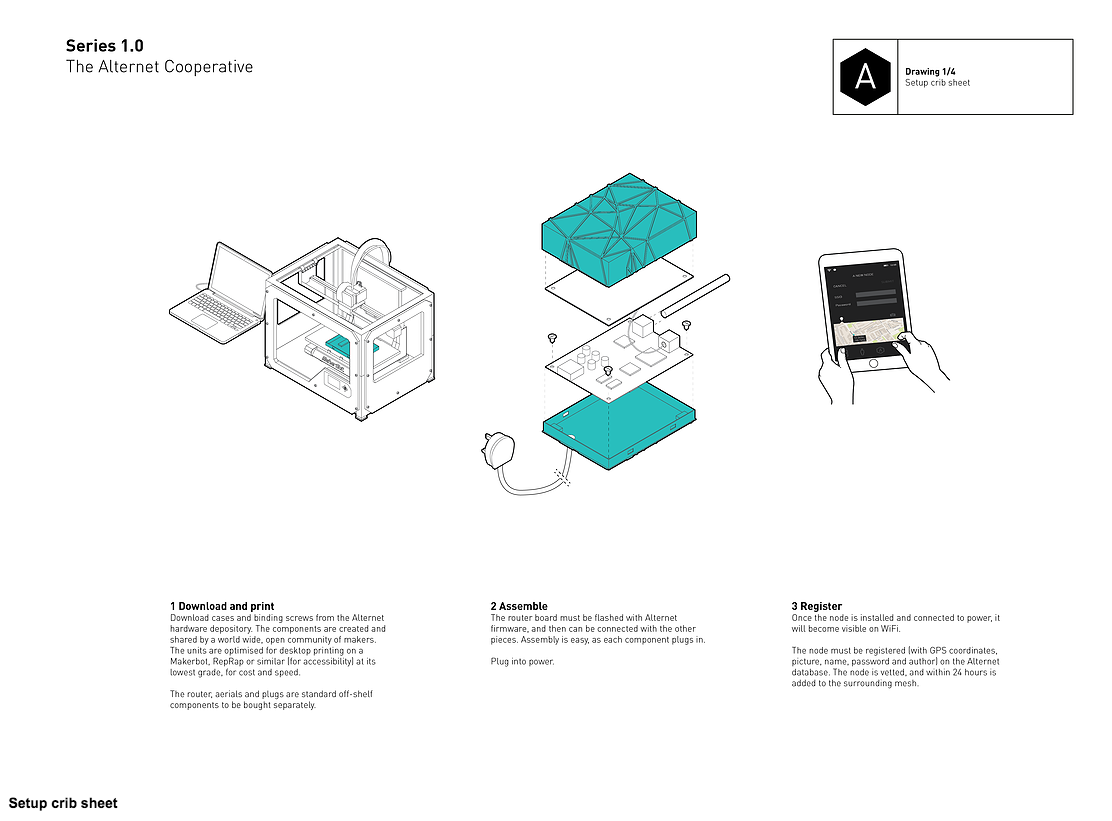
Did you know that your data can be collected passively from your browser’s history? Digital scavengers can sift through cyber space and seize any loose data. They make profiles about you and sell them. These digital rag and bone men know your birthday, where you live, whether you’re in a relationship, what events you go to, where you work, what you read, films you like and where you are right now. This is the reality of the centralised internet; no data ownership, disempowered consumers and corporate control maximising profits from free services.
If you don't like the sound of this there's always the Darknet, focused on providing anonymity with decentralised control but no data transparency or any accountability. Neither option sounds overly inviting.
London based designer Sarah Gold has recently won a Future Pioneers Award for her Alternet project, a proposal for an alternative civic network that fits somewhere between the traditional Internet and the Darknet.
On her site, Gold says “the Alternet is an autonomous mesh network which means it is legitimate, secure, and is capable of supporting data licences and encryption by default. The Alternet empowers citizens with the choice to decide whether to share their data and how their data is used because it supports data licences. Individual data barometers help individuals to understand and monitor how their data is being used. The Alternet is established and stewarded by the Alternet Co-operative, its users, who have communal access and ownership of the Alternet’s hardware and code. In this way, the Alternet is a digital commons.”
As people become more aware and concerned by the lack of privacy online, solutions like this are likely to become more commonplace. We recently looked at how social media models are being used to help people stay off the grid, you can read all about that here.
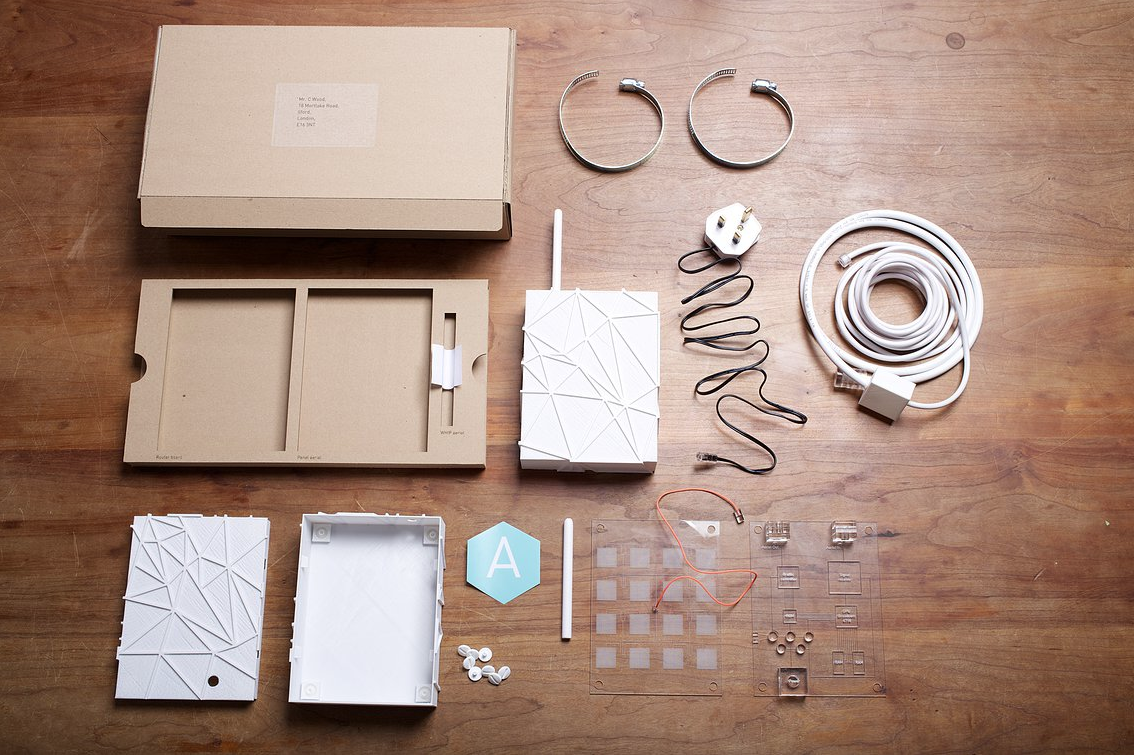
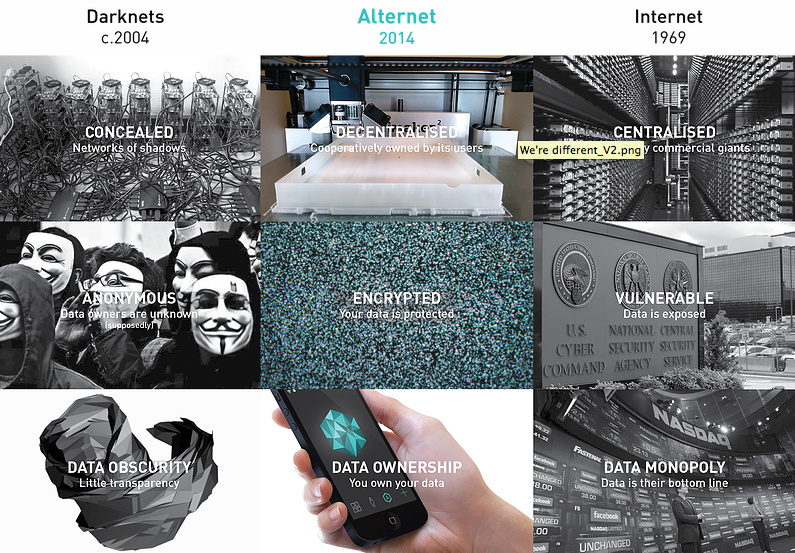
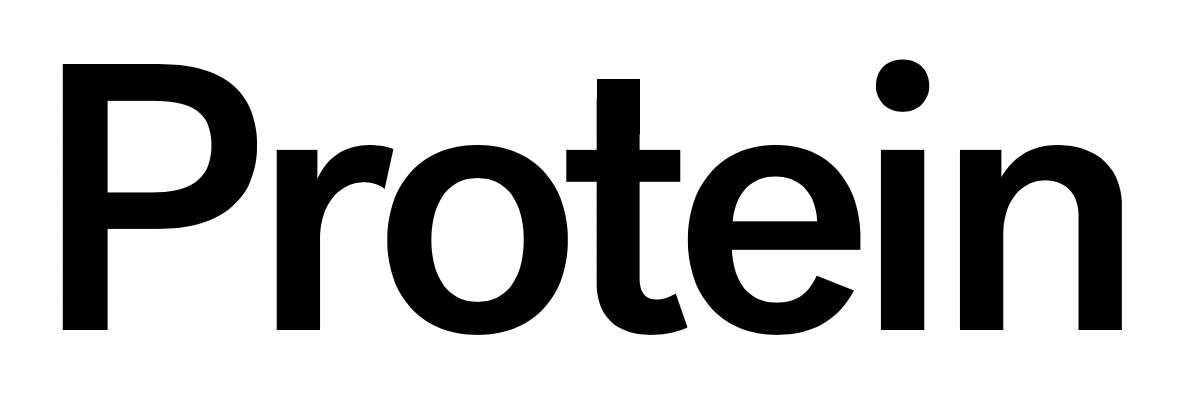

Discussion